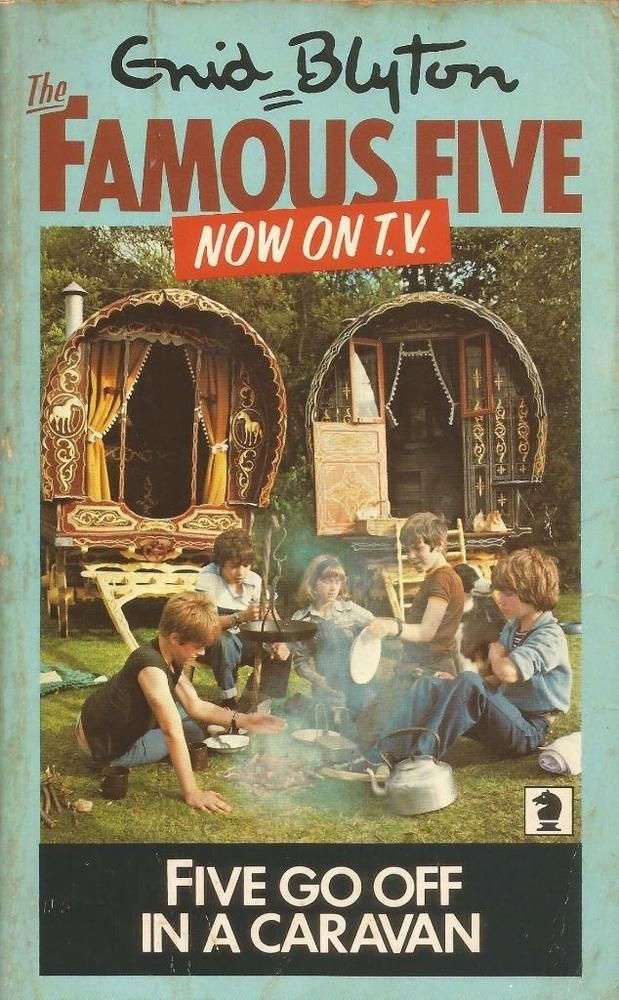When Adrian and I recently spoke with our most recent signing, Sue Shepherd (writing crime for us as S.E. Shepherd), one of the first questions we asked her was why she has decided to dip her toes into crime, so to speak.
Sue hadn’t come to Hobeck as a debut novelist. In fact, she already has a successful career as a writer of romantic comedy. We were intrigued to know, why crime? What drove her to the ‘dark side’ and to Hobeck?

I suspect that many readers assume that writers tend to find a genre they like and stick to it. I’m sure that quite a few do. Has Stephen King ever written an anti-novel or a space fantasy thriller? Has anyone got a rare copy of the lovecraftian novel Jackie Collins penned on their bookshelf? I suspect not. (Although Jackie Collins has, it seems, written a cookbook - she's no relation to this Hobeck Director by the way!) However, writing in more than one genre is not unusual. In fact, we see this in our stable of authors thus far. Of course, some of our writers are debut novelists and their debut novel is a crime book. Some are experienced crime novelists and have a few crime novels to their name. However, others dip their toes into all sorts of genres. One of our debut novelists, Antony Dunford, writes short stories that are anything but full of danger, tension and action but rather speak of pathos and the beauty of the prosaic world. Wendy Turbin, another one of our debut novelists, could justifiably call herself a writer of flash fiction as well as cosy crime with a twist. We also have R.D. Nixon with us (R.D. Nixon is also known as Terri Nixon, Teresa Nixon and T. Nixon depending on what genre you are asking about). Then there is Lewis Hastings who has written a non-fiction biography as well as his, thus far, five fast-paced thrillers which are fiction with an echo of fact.
This begs the question then, does it matter what genre you write? Should you be defined by genre? Are you an artist of words first and foremost or are you a crime writer first and foremost? Going one step further, is it in fact the characters who tell the story and not the writer, the caretaker of the story? Perhaps the characters might be in the mood for romance today, they might be more disposed towards being in a psychological thriller or possibly they feel murderous at the moment?
I like this idea. I think I would relish the challenge of sitting down at my laptop one day, determined to write a book, coming up with a character or two first, and letting them decide the plot, letting them decide whether the book is going to be a murder, a romance, an urban fantasy or epistolary. And why not? That’s like real life, is it not? I wonder whether the real authors of the Famous Five series were Anne, Dick, Julian, George and Timmy the Dog, not Enid Blyton at all, and they just kept finding more smugglers and ne'er-do-wells to chase every school hols (it must have got quite tiresome after a while).

We are born hoping to star in a feel-good story, the sort that gets turned into a made-for-TV movie. But sometimes end up accidentally featuring in Line of Duty. Surely your average serial killer didn’t expect to be in a crime novel when they were born.
So during our recent zoom chat with Sue who we can now go public with (hurrah!), as well as discussing terms of contract and marketing strategies (the important stuff), we talked about the craft (the interesting stuff). We pondered the idea that the characters tell stories through the writer rather than the other way around, which is something Sue felt her characters did. They are the masters, she is the mere vessel. I think this is a refreshing approach to the craft and can lead to some interesting outcomes.
Adrian and I are pleased that Sue’s most recent character creations decided to find their way to Hobeck via the story they wanted her to tell. In fact, we are hoping they will return again in another story, and perhaps even again and again… We intend to have words with them.

Kaiser OTC benefits provide members with discounts on over-the-counter medications, vitamins, and health essentials, promoting better health management and cost-effective wellness solutions.
Obituaries near me help you find recent death notices, providing information about funeral services, memorials, and tributes for loved ones in your area.
is traveluro legit? Many users have had mixed experiences with the platform, so it's important to read reviews and verify deals before booking.